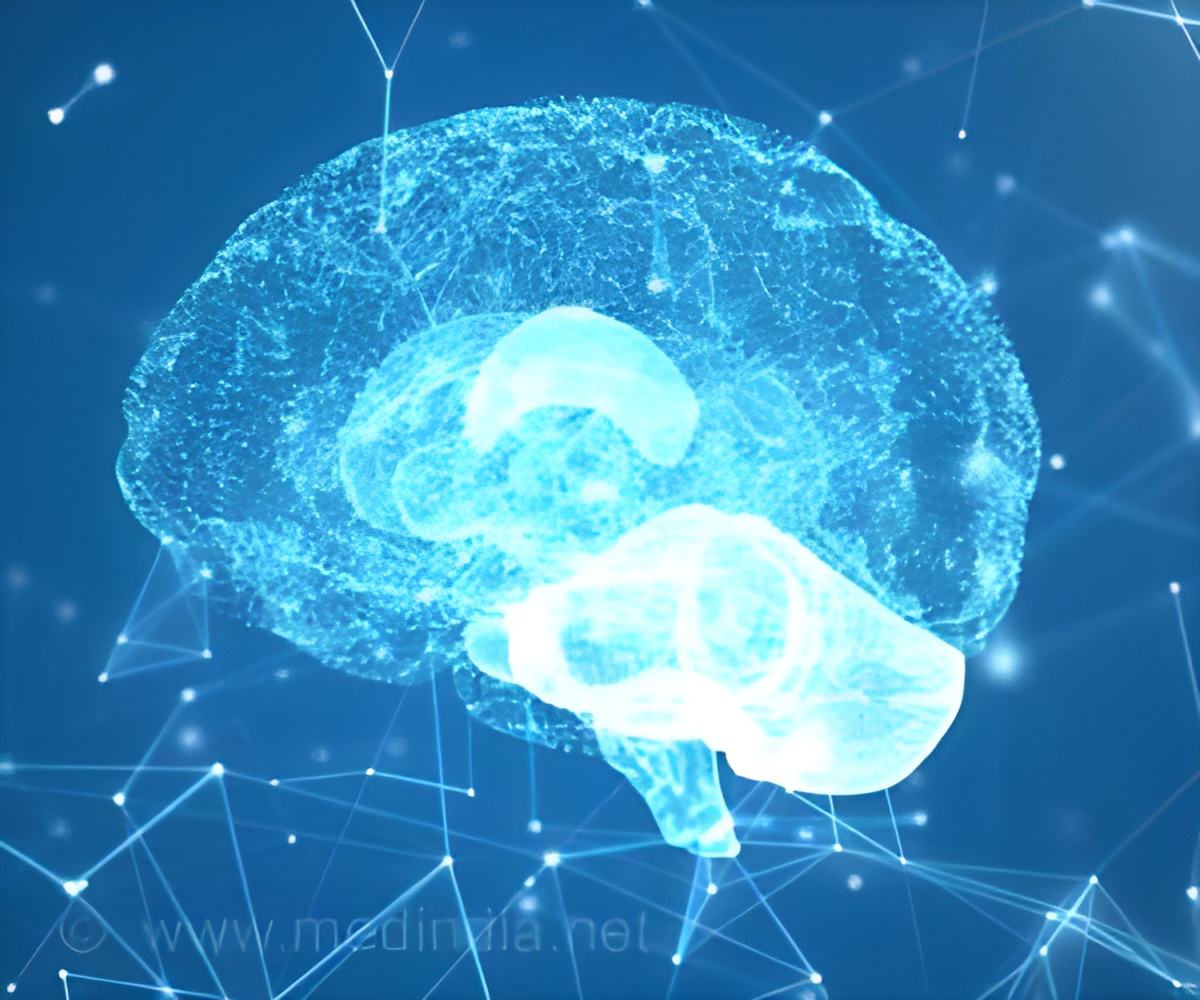If we are looking for a romantic partner, our brain will 'see' people differently than if we are already in a relationship.

‘Study gives insight into the unconscious processes that shape our consciousness. Unconsciously, our brain will 'prioritize' faces of potential partners and deemphasize other faces.’





Hassin and his research team conducted six experiments with 174 participants. In these experiments, researchers exposed participants to 300 sets of rapidly-changing images. In one eye, participants were exposed to images of human faces, and in the other eye they were exposed to geometric shapes. The participants were then asked to press a computer key as soon as they saw a human face. With the onslaught of stimuli--images and rapid flashing--it took the brain a few seconds to understand that it was seeing a face and then to "transfer" these images to the conscious brain for processing. The researchers observed that the facial dimensions that were most quickly registered by participants were ones that indicated power and dominance.
"Walking around the world our unconscious minds are faced with a tremendous task: decide which stimuli 'deserve' conscious noticing and which do not," explained Hassin. "The mental algorithm we discovered deeply prioritizes dominance and potential threat," he noted. "We literally saw the speed with which these images broke through the unconscious mind and registered on a conscious-level with each key press."
For the past decade, Hassin has focused his research on the human unconscious, specifically decision making, memory, motivation and how opinions are formed. "This study gives insight into the unconscious processes that shape our consciousness," Hassin shared. "These processes are dynamic and often based on personal motivation. Hypothetically, if you're looking for a romantic partner, your brain will 'see' people differently than if you're already in a relationship. Unconsciously, your brain will 'prioritize' faces of potential partners and deemphasize other faces. Likewise, the same might be true for other motivations, such as avoiding danger. Your eyes might pick out certain 'menacing' faces from a crowd and avoid them."
Looking ahead, Hassin hopes these findings can pave the way towards a better understanding of autism, PTSD and other mental disorders. "It might be possible to train and untrain people from perceiving certain facial dimensions as threatening. This could be helpful for those suffering from PTSD or depression. Likewise, we could train people with autism to be more sensitive to social cues."
Advertisement
Source-Eurekalert












